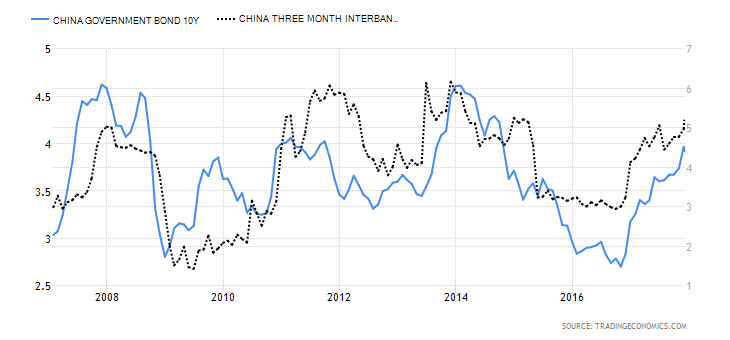There is a big shift in political sentiment among G8 leaders towards less austerity and more emphasis on economic growth, which was evident at their meeting last weekend. The triggers are the election of Francois Hollande, the threatened collapse of the eurozone, and the impending US presidential election. The obstacle in the eurozone is Germany, whose citizens are being asked to pay up, throwing their limited savings at a seemingly unlimited problem. The IMF also opined on the United Kingdom last Tuesday, saying further UK quantitative easing may be necessary.
Putting G8 politics to one side, the eurozone’s problems have reached a critical point: it is clear that either a lot more money is needed to buy some time, or it faces systemic collapse. Greece’s problems are bad enough, but Spain, Italy, Belgium, Ireland and Portugal are also ensnared in debt traps from which there is no obvious escape. Even France has a developing banking problem, with a large state-backed mortgage lender downgraded by Moody’s having difficulties funding its balance sheet. France’s commercial banks are also horribly exposed to Italy, Spain and Belgium.
We often focus on state finances and forget the impact on the private sector of the systemic crisis. Higher government borrowing costs push up mortgage lending rates, which are bound to undermine over-leveraged property markets, particularly in Portugal, Spain and Ireland. The French lender mentioned above, Caisse Centrale du Credit Immobilier, is in danger of needing a state rescue, and this in a country not thought to have residential property problems. Mortgage rates in the UK are also rising, as lenders tighten their lending criteria, and houses aren’t shifting. And the effect of rising interest rates on other property markets is obvious. It is early days, but it appears that these property markets are stalling again, which will worry central banks.
Their overriding fear has always been a debt-deflation collapse, where falling asset prices trigger self-perpetuating collateral liquidation. Central banks must think that the risk of this happening is increasing again. It all adds up to pressure on the European Central Bank to join with the Fed and the Bank of England in a renewed expansion in monetary policy.
Historians may look back at the G8 meeting last week and see it as the point in the continuing crisis when central banks were given the green light for a final, catastrophic monetary easing. It is game-on again for the Keynesians, and is an opportunity for them to push hard for a Roosevelt-type expansion of money and spending. Both Obama and Hollande favour this approach, and more conservative politicians who might argue against it do not have sufficient understanding of sound economic theory to put forward a valid counterargument. But the Roosevelt stimulus failed to stop a renewed downturn in 1938 nine years after the Wall Street Crash of 1929, and is not a happy precedent for today’s situation.
A new wave of stimulus seems certain to undermine confidence in the dollar, and now also the euro. And as Germans wake up to the possibility of their third currency wipe-out in a century, there is only one escape route for them: the accumulation of gold.
This article was previously published at GoldMoney.com.


So no sign of default as a planned option then.
Austerity and growth aren’t opposites. They go together. We can only have growth if governments cut back and we have sound money again. Debt and QE don’t mean growth but disaster.
The ECB has already produced (“printed” is not quite the right word) TRILLIONS of extra Euros.
Rather that admitting that this policy has failed, the “liberal” elite (the universities, the Financial Times, the Economist magazine, the BBC ……) demand even more “monetary easing”.
It is beyond depressing.
They know nothing, and they refuse to learn – not by theoretical study and not by experience.
The present financial and economic system is doomed.